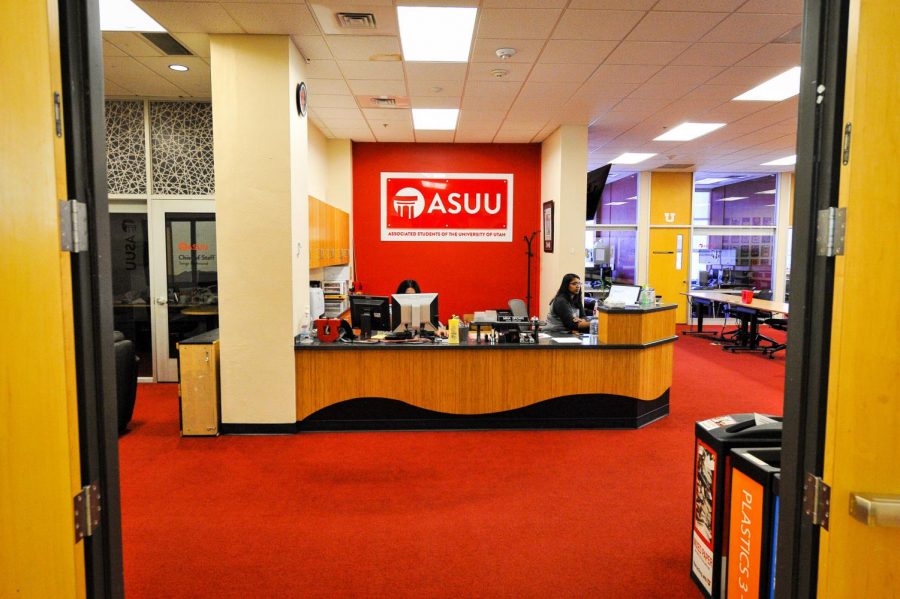ASUU launched the Culture and Belonging Board in August. Previously known as the Diversity Board, the new board “works to ensure that the University provides a safe environment for all students,” according to ASUU’s Instagram announcement.
“We used to be called the Diversity Board,” said Risha Nadar, a sophomore at the U and director of the board, “But we had to change with H.B. 261.”
Nadar said the Culture and Belonging Board doesn’t plan events like some other boards in ASUU’s executive branch. However, it does work to support student clubs and organizations. This semester, it hopes to create a council of student leaders to represent different groups on campus.
“[The council’s] exact purpose is finding a way to bring people together, so we have that outlet and that forum,” Nadar said. “That way, we can uplift other student organizations and other students in general, and they can bring anything to us, and we can hopefully help them find a solution.”
Nevaeh Parker, a sophomore at the U and associate director for the board, explained how some affinity clubs on campus had taken a hit after H.B. 261. She said after H.B. 261, some clubs have struggled with things like marketing and promotion, and the Culture and Belonging Board can help.
“I think that the clubs were really hurt by the bill,” Parker said. “And that causes problems with what [the Culture and Belonging Board is] able to do for them.”
According to Parker, who is also a co-president of the Black Student Union, several affinity groups on campus were funded through the old Center for Equity and Student Belonging. When CESB closed, $11,000 in funds for clubs was lost. Some affinity groups also lost their status as sponsored student organizations, meaning they lost access to an advisor with the U.
“That administrative work, where we had a mouthpiece to the university, we don’t necessarily have that accessible,” Parker said.
Nadar said she doesn’t think the bill impacted the board’s work.
But Parker said “the bill’s stipulations can be confusing.”
“I personally do feel like being limited in what we can say is kind of limiting what we can do,” Parker said.
Regardless of the bill, though, both directors emphasized their support for students on campus despite difficult circumstances.
“We knew that the bill was happening and that these changes were going to happen before either of us got into these positions,” Nadar said. “So I think, rather than feeling like I have to just be subject to changes … I can be put in a position where [I] can help guide the way that it’s happening.”
Nadar and Parker said they’re committed to representing students on campus, too.
“I hope students know we care and we see,” Parker said. ” … I just hope everyone knows that they’re seen and that they’re taken into account.”



